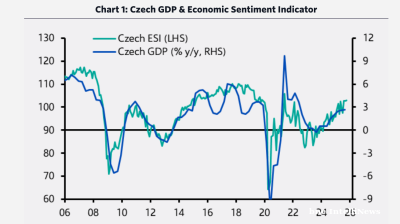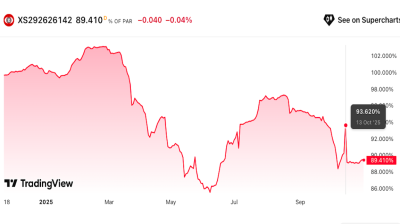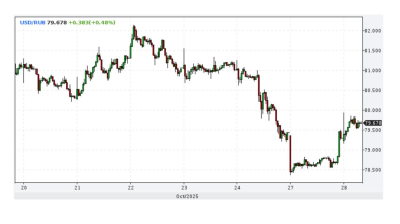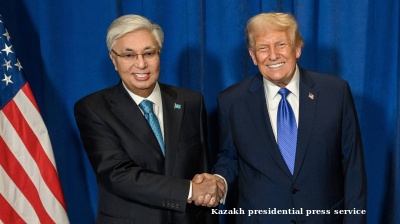Kazakhstan’s oil-based economy posted a 0.7% y/y decline in industrial output in January, as the low price of oil made production at some of the country’s ageing fields unprofitable.
The country’s output of oil (without gas condensate) fell by 0.9% y/y to 5.7mn tonnes in January. The relatively moderate fall, compared to the decline in the previous six months, was because of the 2.4% y/y decrease in oil output in January 2015, when Kazakhstan produced 5.8mn tonnes of oil.
The chart clearly shows the correlation between oil output and industrial production in Kazakhstan, with the oil and gas sector accounting for 40.2% of industrial output in monetary terms in 2015. The share has fallen from 50.7% in 2014 and 51.1% in 2013 (when the price of oil hovered around $100 per barrel).
With oil prices predicted to remain low over the next couple of years, there is little hope for growth in the Kazakh oil and gas sector without the long-awaited, and hopefully final, re-launch of production at the giant offshore Kashagan oil field by the end of this year.

The continuing dependence of the country’s industrial growth on oil also raises questions about the efficiency of the way the government has channelled enormous amounts of public funds into failing diversification programmes. In order to “quickly take all possible measures to overcome negative trends” such as the falling oil and other commodity prices on global markets, in February 2014 the Kazakh government decided to inject KZT1tn ($6.7bn) in 2014-2015 into the economy and an additional “up to $3bn” annually in 2015-2017. The funds came from the National Oil Fund, which accumulates revenue from the oil and gas and other extractive sectors.
Despite the stimulus, economic growth in the country is estimated to have slowed to 1.2% in 2015 from 4.3% in 2014 and 6% in 2013.
Fearing a further slowdown in economic growth or even negative growth, on February 10 President Nursultan Nazarbayev announced a further KZT1.45tn ($4bn) stimulus package to grease the economy. This time the government will tap into the country’s single pension fund, but the poor management of the pension savings of ordinary Kazakhs, who are already feeling the pinch of falling real incomes, could undermine trust in the pension system and risks social unrest.
Data

Russia’s manufacturing PMI falls to its lowest level since May 2022 in October
Russia’s manufacturing sector saw a deeper contraction in October, with output, new orders, and business confidence all weakening, according to the latest Purchasing Managers’ Index (PMI) data from S&P Global, published on November 1.

Czech growth accelerates as domestic demand-side pressure builds
The Czech economy delivered an unexpected acceleration in the third quarter, marking a clear shift from its earlier position as a regional underperformer to one of Central and Eastern Europe’s fastest-growing economies.

Eurobonds of Istanbul-listed Zorlu units offer attractive yields amid rating downgrades and no default expectation
Debut paper currently offering 14-15% yield.

Ruble strengthens as sanctioned oil companies repatriate cash
The Russian ruble strengthened after the Trump administration imposed oil sanctions on Russia’s leading oil companies, extending a rally that began after the Biden administration imposed oil sanctions on Russia in January.




